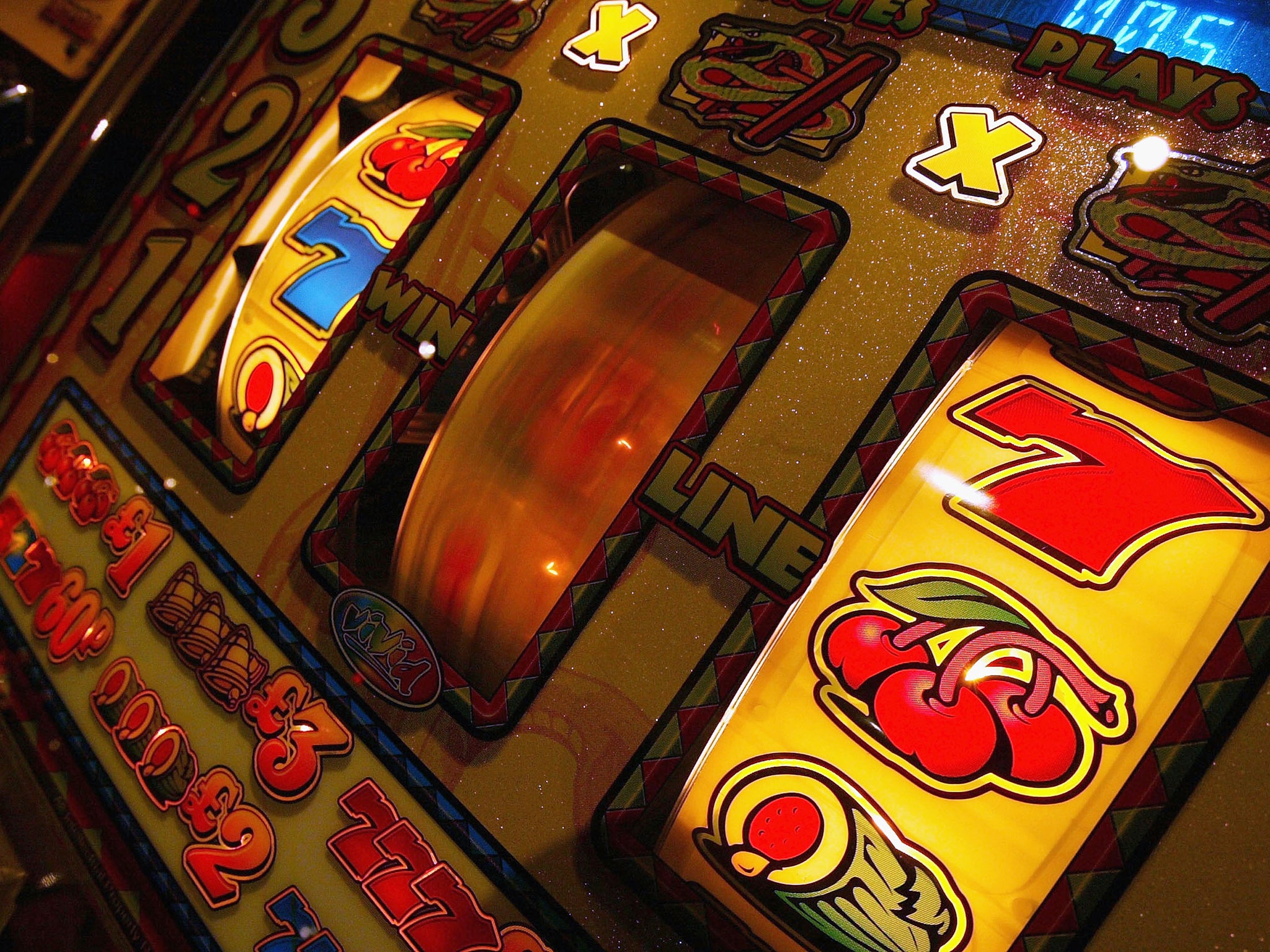Bookmakers' measures are failing to protect gambling addicts, report says
Study shows code launched in March 2013 had no impact on problem gambling

Your support helps us to tell the story
From reproductive rights to climate change to Big Tech, The Independent is on the ground when the story is developing. Whether it's investigating the financials of Elon Musk's pro-Trump PAC or producing our latest documentary, 'The A Word', which shines a light on the American women fighting for reproductive rights, we know how important it is to parse out the facts from the messaging.
At such a critical moment in US history, we need reporters on the ground. Your donation allows us to keep sending journalists to speak to both sides of the story.
The Independent is trusted by Americans across the entire political spectrum. And unlike many other quality news outlets, we choose not to lock Americans out of our reporting and analysis with paywalls. We believe quality journalism should be available to everyone, paid for by those who can afford it.
Your support makes all the difference.Measures rolled out by bookmakers to help protect vulnerable players of addictive roulette-style machines have failed to have any impact, a new report has revealed.
A study by the Responsible Gambling Trust (RGT), funded by the gambling industry, showed that a code of conduct launched in March 2013 by bookmakers had made no impact on problem gambling.
It found there was “no statistical evidence” that the scheme, introduced by bookmakers who operate 33,000 high-stakes machines nationally, affected the amount gambled or time spent on so-called Fixed Odds Betting Terminals (FOBTs).
The gambling industry was forced to implement the measures, which include voluntary spending limits and better staff training to spot problem gamblers, after pressure from the Labour Party, councils, faith groups and other campaigners over the harm caused by the high-stakes, high-speed terminals, labelled the crack cocaine of gambling and linked to crime and addiction.
When the code was introduced, the Association of British Bookmakers (ABB) said it was “potentially world leading”, but the RGT report found that just 1,400 FOBT sessions out of 3.9 million examined made use of a new voluntary warning system, while a new mandatory warning system was triggered in less than 10 per cent of all sessions.
The ABB had “anticipated” the scheme would control the length of time spent gambling and the amount lost, but based on a study of loyalty-cardholders in the West Midlands over one month, the study found no “statistical evidence that the code had an impact”.
“The early evidence is that the measures are failing,” said a spokesperson for the Campaign for Fairer Gambling. “The Conservatives have been hoodwinked yet again and the bookmakers found lacking yet again.”
The Government has stepped in to regulate the maximum stake on FOBTs and made it mandatory for gamblers to select if they wish to set a limit or not. Last month campaigners were dismayed when the Government rejected a call from 90 councils across England and Walesto slash the maximum FOBT bet to just £2.
Mark Etchers, chief executive of the Responsible Gambling Trust, said: “It is premature to conclude that the findings of this early and limited evaluation provides final evidence that the ABB Code is ineffective or effective.”
A spokesman for ABB said: “The research only covers the first fourNew measures weeks following the introduction of gaming machine limits on 1 March, 2014, and things have moved on a lot since then.”
Join our commenting forum
Join thought-provoking conversations, follow other Independent readers and see their replies
Comments